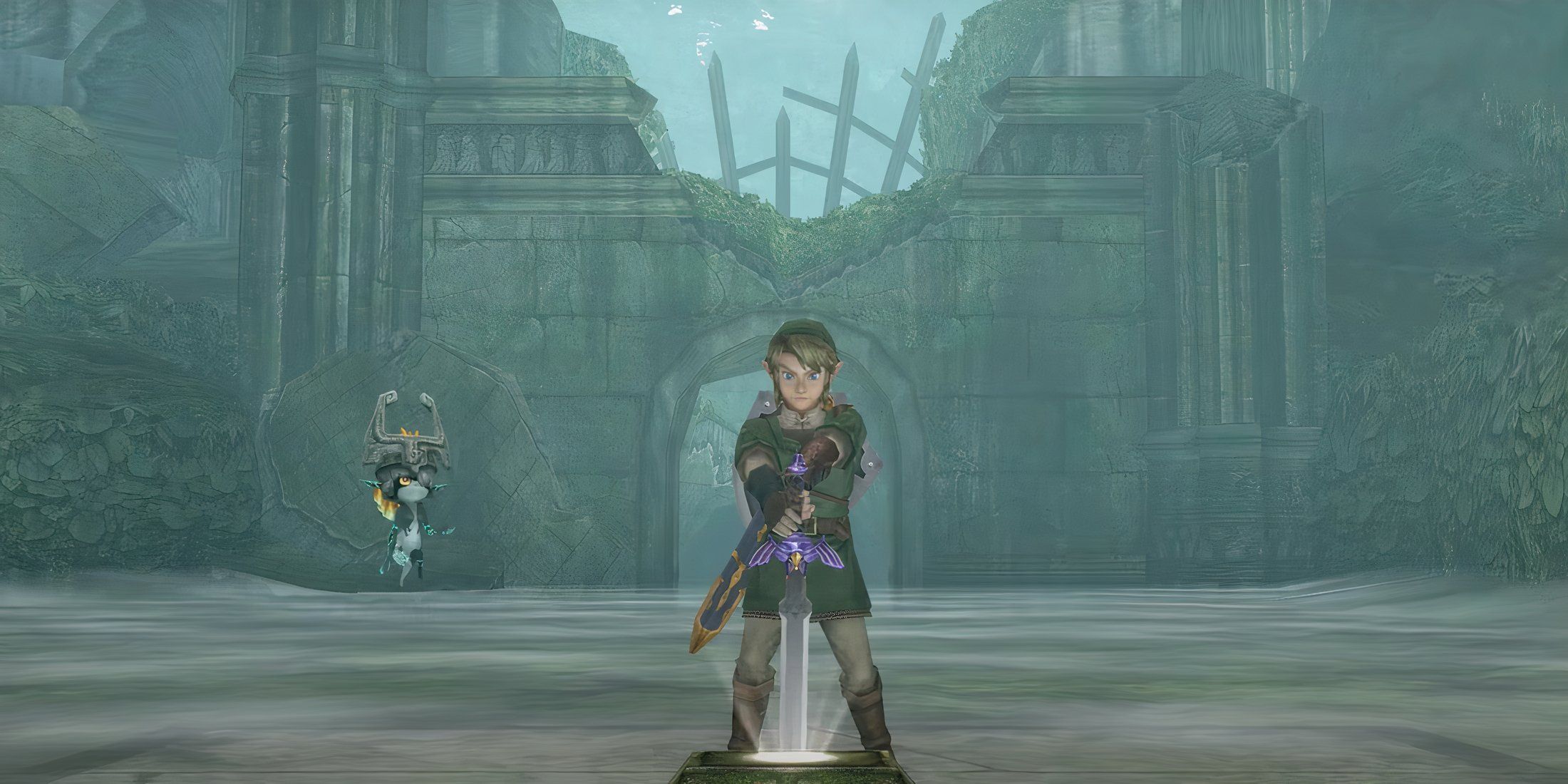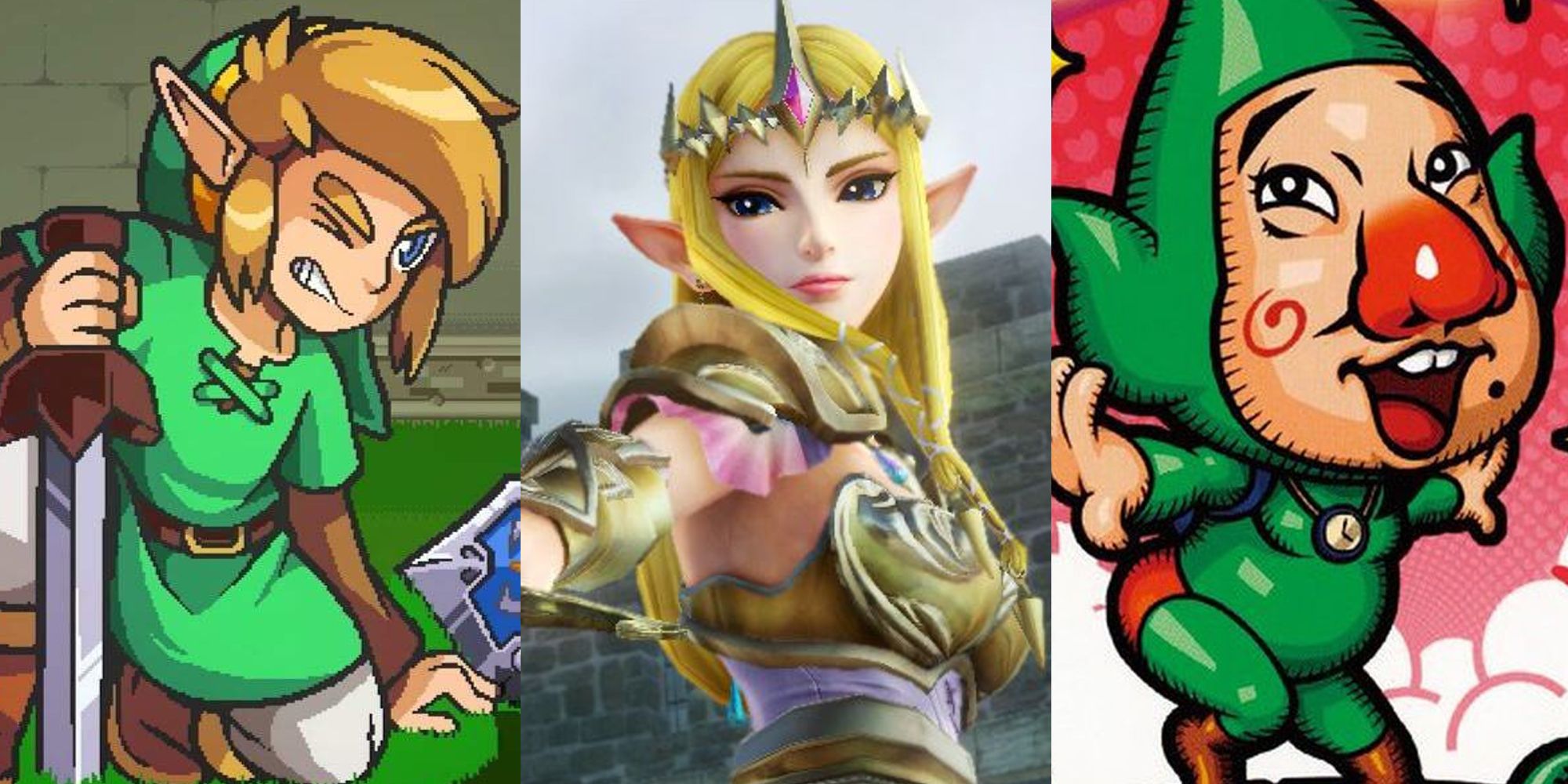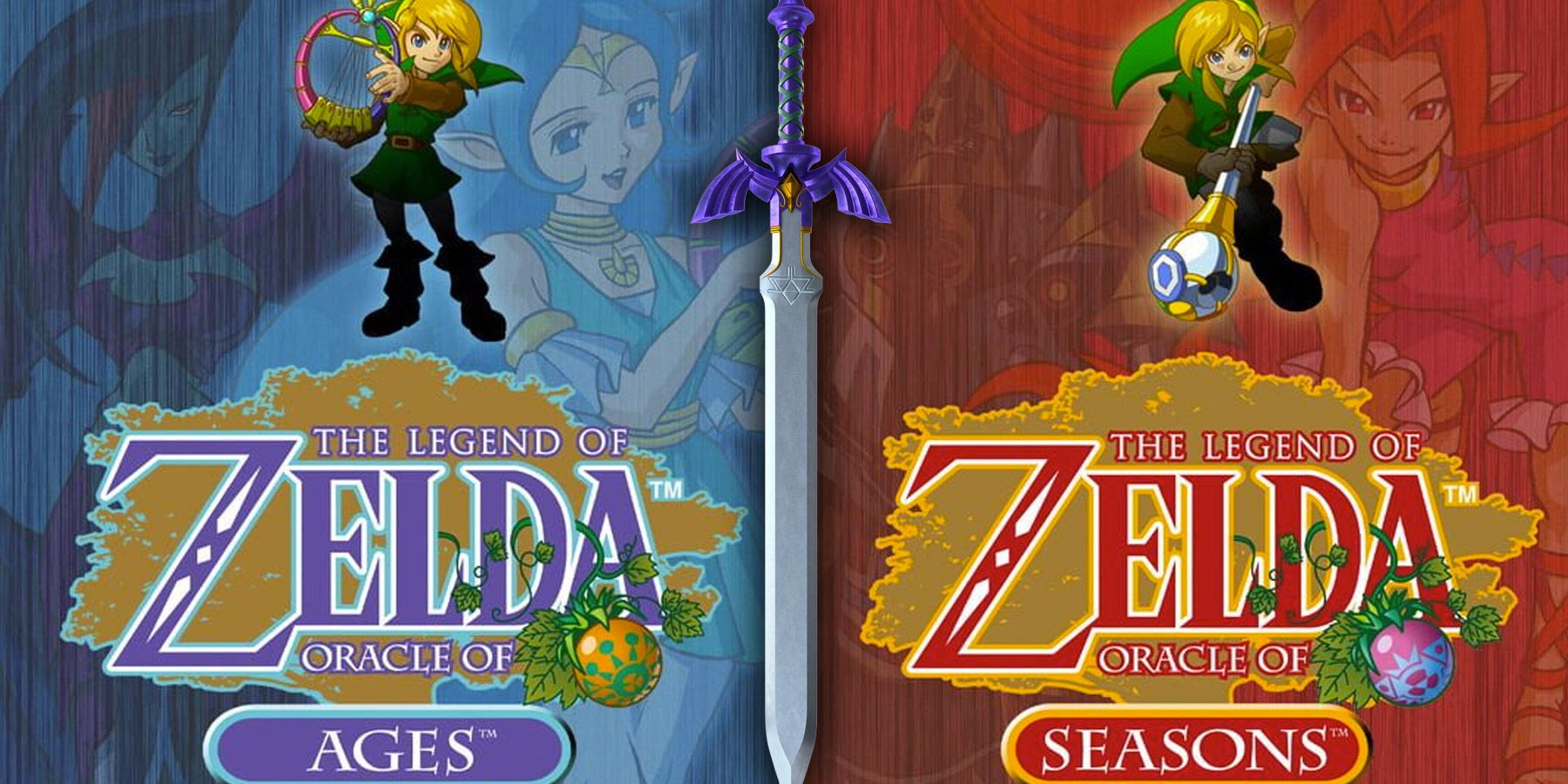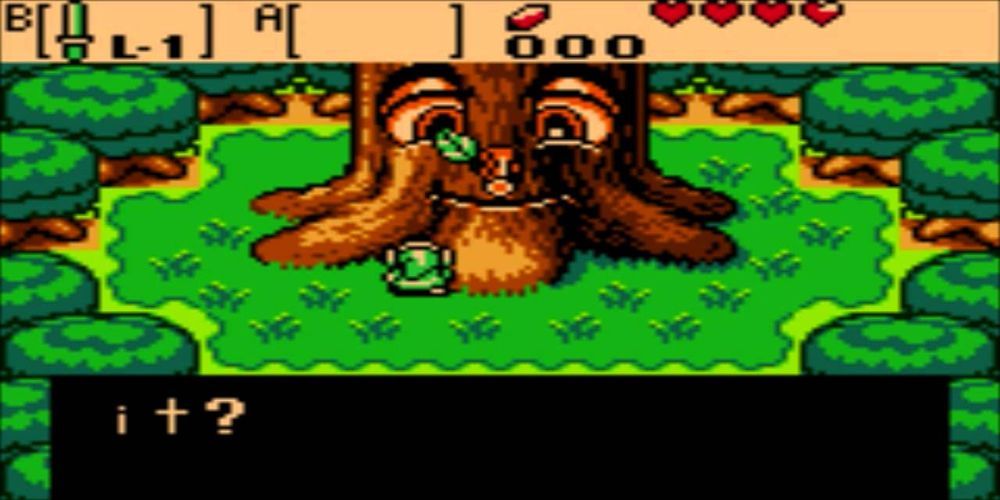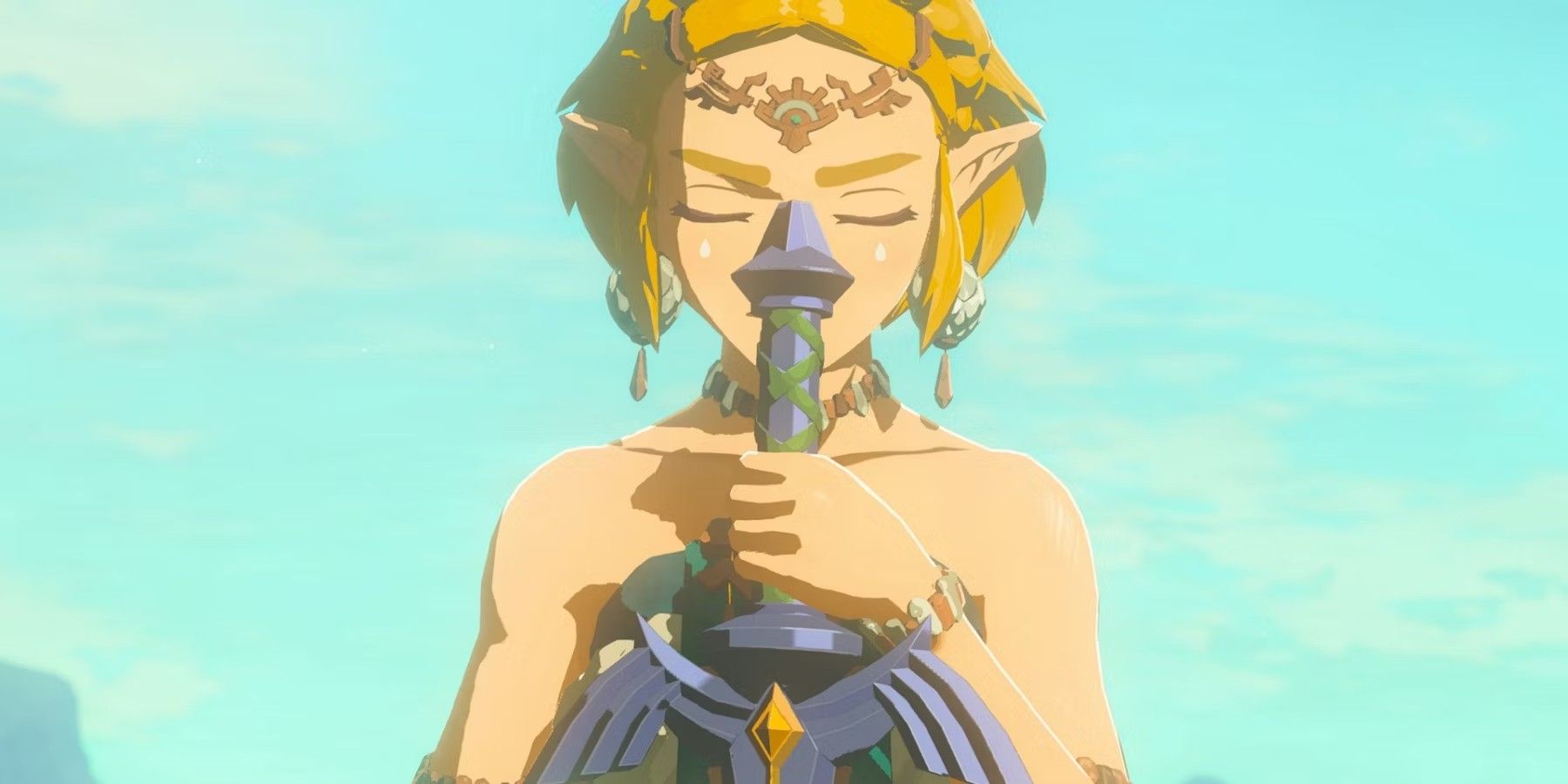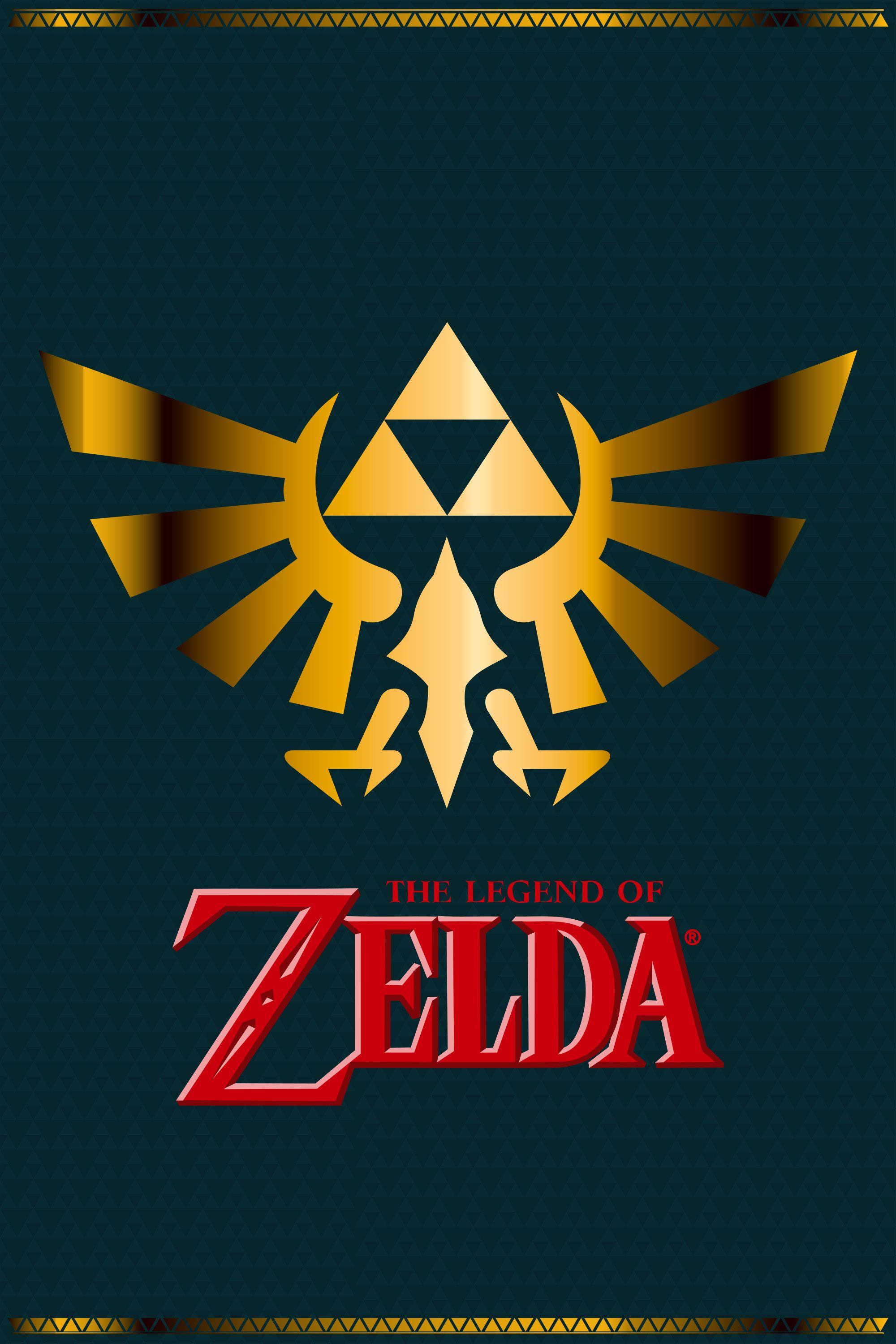Highlights
- The Legend of Zelda franchise has always been innovative and willing to embrace new technology, which has contributed to its lasting popularity.
- Oracle of Ages and Seasons gave players a choice between two games with different gameplay focuses, but this approach may not be suitable for future Zelda releases.
- The Zelda series has evolved with newer hardware and has found success with the open-world format, making it unlikely for Nintendo to revisit the two-game philosophy.
The Legend of Zelda has never been one to stick to convention. Since 1986, it has been known to push the envelope and fully embrace new technology and ideas, whether fans like it or not. From going all-in on the third dimension with Ocarina of Time to making no apologies for the motion controls of Skyward Sword, it’s an innovator rather than an imitator, which is one of the many reasons why it still has the capacity to impress, 37 years later. Oracle of Ages and Oracle of Seasons were just a link in the chain.
The pair of Game Boy Color Legend of Zelda titles were new and interesting in their own right, giving players a choice between which to grab when perusing the shelves. Each has its quirks, but over two decades after their release, the decision to release two games on the same date might not be one of the unusual conventions that Nintendo would look to reuse in the future, as the years to come already look bright.
Oracle of Ages/Seasons Were Clever, but Flawed
Oracle of Ages and Seasons were Zelda’s attempt to take cues from Pokemon, which released two mainline games with subtle changes to make catching pocket monsters and filling out the Pokedex more of a collaborative effort with other trainers. It’s an idea that has served the Gamefreak property well, and Nintendo found a clever way to replicate it with Link’s 2001 adventure. While one had a heavier emphasis on combat, the other was more puzzle-heavy, giving gamers a difficult choice when they saw both on the shelves.
Oracle of Ages and Seasons became playable on the Nintendo Switch in July 2023, becoming part of the system’s online subscription.
However, though this wasn’t without merit, it was easy to think that by purchasing Ages, one could feel like they’re missing out by not picking up Seasons. The conventional way of one game per release is cleaner, and given the trajectory of Zelda’s future, it wouldn’t make sense for Nintendo to go back to the two-game philosophy, especially given Pokemon’s release trend is starting to feel like a gimmick.
Zelda is Moving onto Bigger and Better Things
The Oracle games released in 2001 and, as is evident in recent years, a lot has changed for the Nintendo property since then. The company seems to be all-in on the open-world format of Breath of the Wild and Tears of the Kingdom, with each receiving strong critical acclaim to go with the healthy sales. The franchise may have found its new format for years, and decades, to come. Nintendo must know this, so pushing into the future instead of over-analyzing the past could be for the best to ensure the series continues to capture a large audience.
In an interview given earlier this year, Eiji Aonuma said: “I think it’s correct to say that it [ Breath of the Wild ] has created a new kind of format for the series to proceed from.”
Entries in the Zelda series have become more ambitious as hardware has developed, and the seemingly rapid decline of 2D Zelda means the likelihood of forging two similar, but not identical, games would be harder than it was before. The Oracle games were a novel idea and are overlooked somewhat as they were sandwiched between Majora’s Mask and The Wind Waker, but their drawbacks were too significant to ever justify changing what has been working well these last few years in favor of taking cues from a pair of games that didn’t set the world on fire.

